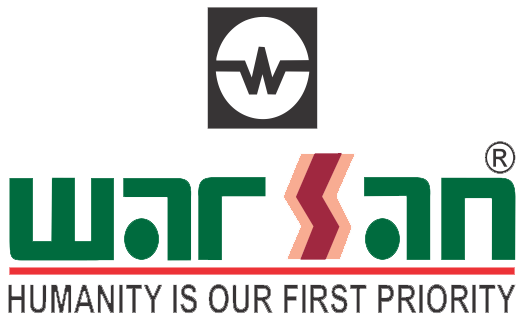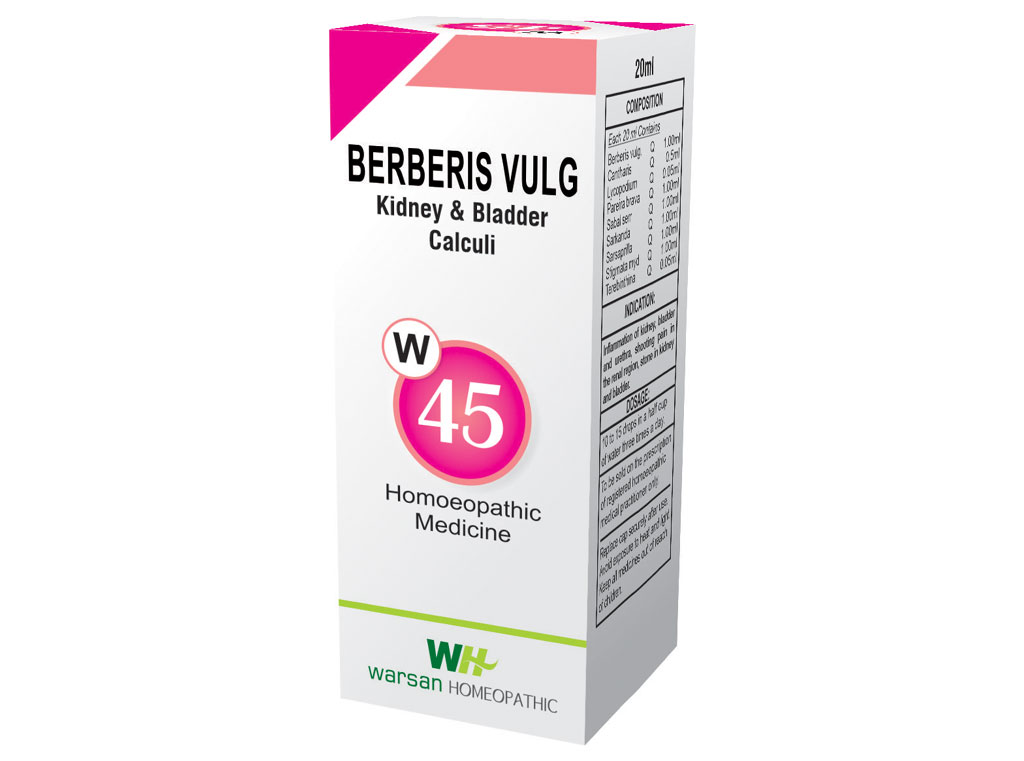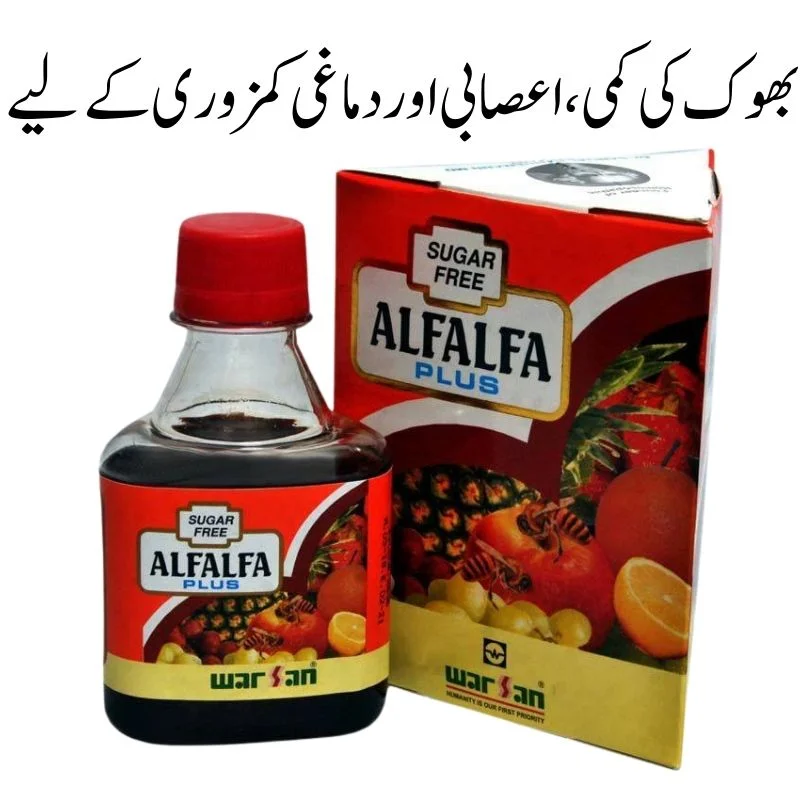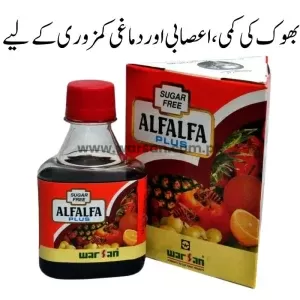Effective management of hypertension in elderly individuals requires a holistic approach: conventional medications for BP control, lifestyle changes including the DASH diet and exercise, plus certified homeopathic remedies from Warsan Homoeopathic Laboratories. Personalized and monitored treatment drastically reduces cardiovascular risk, ensuring optimal senior wellness and quality of life.
Treatment of Hypertension in Elderly Ages
Hypertension—or high blood pressure—is a common chronic condition in older adults, affecting over 60% of individuals age 60+ worldwide. When left uncontrolled, it significantly increases the risk of serious health complications, including heart attacks, strokes, kidney disease, dementia, and even premature death.
At Warsan Homoeopathic Laboratories, we prioritize patient safety and sustainable outcomes through certified, evidence-based treatments. This article explores comprehensive approaches to managing hypertension in seniors, including conventional methods, lifestyle optimization, and certified homeopathic remedies.
The main keyword “treatment of hypertension in elderly ages” will feature twice in this article to align with SEO best practices.
Understanding Hypertension and Its Impact on Seniors
What Is Hypertension?
Hypertension occurs when blood pressure readings consistently register at or above 130/80 mm Hg, per modern clinical guidelines. These readings are categorized as follows:
| Blood Pressure Category | Systolic (mm Hg) | Diastolic (mm Hg) |
|---|---|---|
| Normal | < 120 | < 80 |
| Elevated | 120–129 | < 80 |
| Hypertension Stage 1 | 130–139 | 80–89 |
| Hypertension Stage 2 | ≥ 140 | ≥ 90 |
| Hypertensive Crisis | > 180 | > 120 |
Why Seniors Are at Higher Risk
Several age-related physiological changes make hypertension more common and dangerous in elderly adults:
- Vascular stiffness: Arteries lose elasticity, increasing resistance to blood flow.
- Renal function decline: Reduced kidney function impairs sodium and fluid balance.
- Hormonal shifts: Changes in the renin–angiotensin–aldosterone system affect vascular tone.
- Comorbidities: Diabetes, obesity, and metabolic syndrome are often present, intensifying cardiovascular risk.
Major Causes in Elderly Adults
- Typical contributing factors include:
- Sedentary lifestyle: Leading to weakened cardiac and vascular function.
- High sodium diet: Processed foods and excessive salt elevate blood pressure.
- Obesity and metabolic syndrome: Increase insulin resistance and vascular strain.
- Excess alcohol and smoking: Worsen arterial health and blood vessel function.
- Chronic stress: Emotional stress triggers sympathetic overactivity.
- Medications: Certain drugs (e.g., NSAIDs, corticosteroids) may worsen hypertension.
Warsan No. 45 (Berberis vulg) 20ml
Comprehensive Treatment Approaches
1. Allopathic Medication Management
Doctors typically manage high blood pressure in seniors with medication—either alone or in combination. Below is a breakdown of common drug classes:
| Class | Examples | Mechanism | Common Side Effects |
|---|---|---|---|
| ACE Inhibitors | Enalapril, Lisinopril | Reduce angiotensin II → lower BP | Dry cough, dizziness, hyperkalemia |
| ARBs | Losartan, Valsartan | Block angiotensin II receptors | Similar to ACE inhibitors (no cough) |
| Calcium Channel Blockers | Amlodipine, Nifedipine | Relax blood vessels | Swelling, constipation, headaches |
| Diuretics | Hydrochlorothiazide, Chlorthalidone | Eliminate excess fluid and sodium | Electrolyte imbalance, dehydration |
| Beta‑Blockers | Metoprolol, Atenolol | Reduce heart rate & cardiac output | Fatigue, slow pulse, cold extremities |
| Alpha‑Blockers | Doxazosin | Relax blood vessel walls | Dizziness, orthostatic hypotension |
Important: Always follow a clinician’s prescription. Blood pressure targets may vary—some aim for <130/80; others for <140/90 depending on age, frailty, and comorbidities.
2.Life‑Style & Dietary Optimization
Enhancing lifestyle can significantly amplify treatment effectiveness.
— DASH Diet
Emphasize fruits, vegetables, lean proteins, whole grains, and low-fat dairy. Limit processed food and sodium (<1,500 mg/day).
— Sodium Reduction
Avoid table salt, processed snacks, canned foods, and condiments. Use herbs, lemon, and spices for flavor.
— Regular Physical Activity
Target 30 minutes of moderate exercise daily—walking, tai chi, swimming—enhances vascular flexibility and weight control.
— Weight Management
Losing 4–5 kg can drop systolic pressure by 4–5 mm Hg.
— Stress Control
Incorporate meditation, deep breathing, yoga, and community support to lower cortisol.
— Moderate Alcohol & No Smoking
Excess alcohol raises pressure; smoking damages vessel linings.
3. Homeopathic & Holistic Solutions
Certified Homeopathic Medicines
From Warsan Homoeopathic Laboratories, both ISO 9001-2015 and GMP certified:
| Medicine Name | Key Benefit | Dosage |
|---|---|---|
| Rauwolfia Serpentina | Lowers systolic BP naturally | 5 drops in water, twice daily |
| Crataegus Oxyacantha | Supports heart and vessel health | 5 drops in water, twice daily |
| Natrum muriaticum | For stress-triggered hypertension | 5 drops in warm water, twice/day |
| Baryta carbonica | For elderly with vascular weak spots | 5 drops, once daily |
These remedies are gentle and suitable for seniors, but should be taken on the advisement of a qualified homeopathic practitioner.
Alfalfa Plus Syrup 180ml
Integrating Treatments: A Sample Protocol
- Initial Assessment: Check BP, electrolytes, kidney function, and overall health.
- Start Low, Titrate Slowly: Begin with low-dose medications; monitor side effects closely.
- Introduce Homeopathy: Add certified homeopathic drops for complementary support.
- Lifestyle Overhaul: Adopt DASH eating pattern, daily activity, stress reduction.
- Follow‑Up & Monitoring:
- Self-monitor BP at home with a validated device.
- Monthly provider visits initially, then every 3–6 months.
- Adjust as needed based on trends and tolerance.
Pros & Cons of Treatment Modalities
| Treatment Approach | Pros | Cons |
|---|---|---|
| Pharmaceuticals | Rapid BP control, well-studied protocols | Possible side effects (cough, dizziness, electrolyte disturbance) |
| Homeopathy | Natural, few side effects, certified by Warsan | Slower effect, requires prolonged use and professional oversight |
| Lifestyle Changes | Preventive, improves multiple health markers, no cost | Needs discipline, unstructured results at the start |
| Combined Strategy | Holistic, tailored, sustainable for long-term well-being | Complexity in management and patient compliance |
Additional Topics for Elderly Patients
Common Questions
Are multiple medications safe?
Yes—provided they’re prescribed appropriately and monitored regularly to avoid interactions and side effects.
Should seniors be screened differently?
Yes—fall risk, orthostatic hypotension, and cognitive screening should accompany BP management.
How rapidly should blood pressure fall?
Incremental reduction is safer. A drop of ~20 mm Hg over a few weeks is reasonable, avoiding rapid shifts that may cause dizziness or falls.
Can dehydration affect blood pressure?
Definitely—especially with diuretics. Maintain hydration and monitor for lightheadedness and dizziness.
Are herbal supplements safe?
Not always. Discuss any supplement with your medical provider to avoid dangerous interactions (e.g., with St. John’s Wort, licorice, ginseng).
Frequently Asked Questions (FAQs)
They may complement treatment and, with clinical oversight, sometimes allow lower dosages while maintaining control.
They can help—but only with medical advice, especially for those on potassium-sparing medications.
Natrum muriaticum is often recommended for stress-triggered cases, but individualized consultation is advised.
-
-
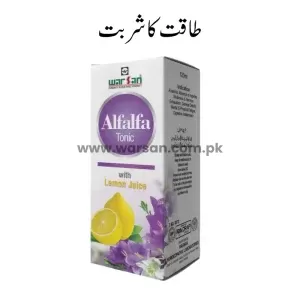 Rated 5.00 out of 5 based on 1 customer rating₨ 200 – ₨ 650Price range: ₨ 200 through ₨ 650Select options Quick View
Rated 5.00 out of 5 based on 1 customer rating₨ 200 – ₨ 650Price range: ₨ 200 through ₨ 650Select options Quick View -
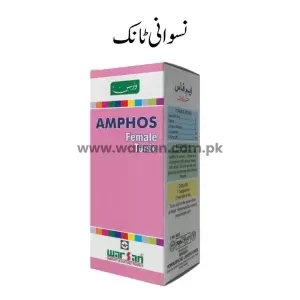 Rated 4.00 out of 5 based on 1 customer rating₨ 200 – ₨ 650Price range: ₨ 200 through ₨ 650Select options Quick View
Rated 4.00 out of 5 based on 1 customer rating₨ 200 – ₨ 650Price range: ₨ 200 through ₨ 650Select options Quick View -
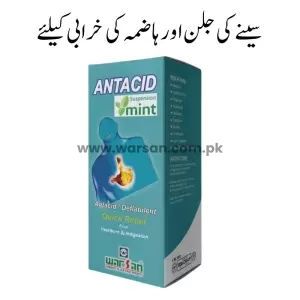 Rated 4.00 out of 5 based on 1 customer rating₨ 220 – ₨ 650Price range: ₨ 220 through ₨ 650Select options Quick View
Rated 4.00 out of 5 based on 1 customer rating₨ 220 – ₨ 650Price range: ₨ 220 through ₨ 650Select options Quick View
